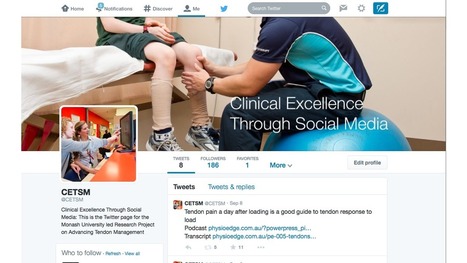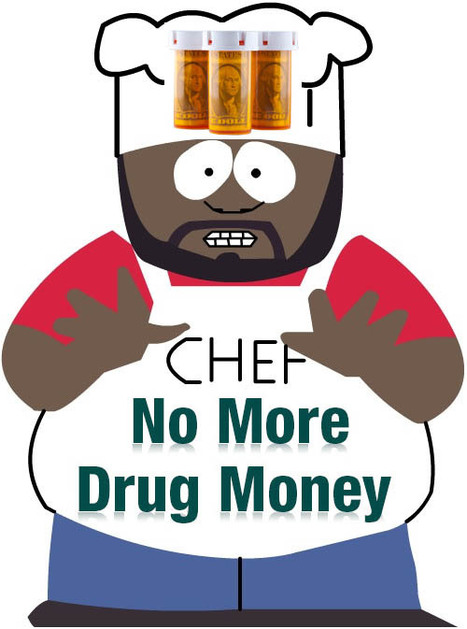Pharmaceutical companies have too much influence on continuing medical education (CME) courses. So argues the national hospitality workers' union, Unite Here, which this week launched a new campaign against the funding of CME courses by "Big Pharma." That funding, it argues, unfairly influences what prescriptions doctors write their patients, which in turn, it says, has increased health care costs for its members, including hotel, casino, and foodservice workers.
"Medical meetings are important to our hospitality industry in Las Vegas and nationally," said Unite Here member Chad Neanover, prep cook at the Margaritaville on the Las Vegas Strip. "We negotiate with our employers to have affordable health care. Unfortunately, this is constantly under attack as health care costs continue to skyrocket and pharmaceutical companies are influencing the medical industry."
According to Unite Here, which cites data from the new Open Payments database -- a federal program that collects and makes public information about financial relationships between the health care industry, physicians, and teaching hospitals -- doctors accepted $4 billion in gifts, cash, and other compensation between 2009 and 2014. Meanwhile, it said, as recently as 2011 pharmaceutical companies spent $736 million on CME courses.
In response to its concerns, Unite Here will spend the summer seeking petition signatures across the United States, encouraging the Accrediting Council for Continuing Medical Education (ACCME) to end CME funding by the pharmaceutical industry.
"ACCME has acknowledged in their own report that 'CME activities funded by commercial interests can be effective in changing physicians' prescribing practices,'" said Levi Pine, medical industry researcher for Unite Here. "The fact that Big Pharma and their drug money have so much influence on our doctors is unethical and problematic."
ACCME Responds
In a response to Unite Here's objections, ACCME said that only 11 percent of CME events receive pharmaceutical funding.
Via
Pharma Guy



 Your new post is loading...
Your new post is loading...










Hence the interest that some pharma companies have in using Twitter during medical conferences to reach physicians and enhance dialogue with KOLs. For more on that, see: http://bit.ly/pmn140601p